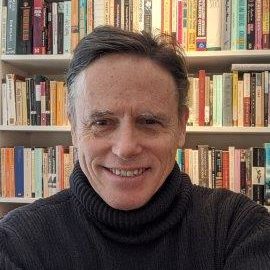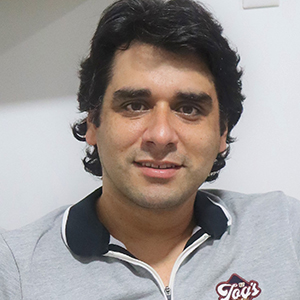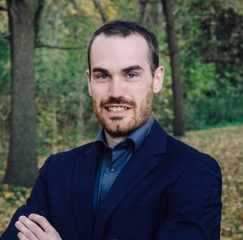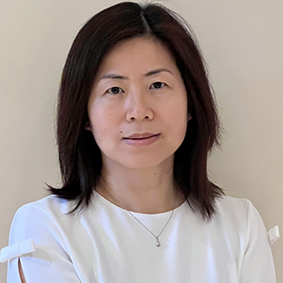Data science will be in full bloom at York University with the introduction of a new undergraduate program from the Department of Mathematics and Statistics. This field uses computing skills and statistical reasoning to generate valuable insights from data.

York’s data science program has been in the planning stages for a few years as Department of Mathematics and Statistics Chair Stephen Watson and a team of faculty members examined existing programs throughout North America and talked to a variety of employers about their needs in analyzing large-scale, complex data. The result is a practical program including streams drawn on the University of California Berkeley’s model that focus on areas of practice such as business and health, together with an innovative year-long capstone course that will require students to work on real-world problems for clients. Both aspects are unique among data science programs in Ontario.
“This is a career-focused program, and the demand is there,” said Watson. “It’s exciting to have young, enthusiastic faculty leading the charge.”
Seven professors are involved in delivering the new program: Steven Wang, who will direct the capstone course; Yuejiao Cindy Fu, the statistics director; Jairo Diaz-Rodriguez; Kevin McGregor; Xin Gao; Kelly Ramsay; and Yuehua Amy Wu.

Diaz-Rodriguez has developed the introductory data science course, which is being pilot-tested this year, and the follow-on course (Principles and Techniques of Data Science), both required courses in the program. The introductory course offers a panoramic view of the field, and the subsequent course provides additional theory and lays the foundation for the other courses.
“Basically, data is everywhere,” Diaz-Rodriguez said. “Traditionally, companies and governments made decisions based on feelings, but now we can use data to make decisions, so data scientists can analyze it to help organizations offer better services and make better decisions.
“Data science is a hot topic,” he noted, one that has only recently developed as a field of study. He speaks from personal experience; his undergraduate degree is in engineering, his master’s degree is in mathematics, and his PhD is in statistics.
“I wondered what I was, and data scientist made sense, but 10 or 15 years ago, there was no career path. In the past, companies looked for mathematicians who then had to learn programming. We’ve gathered everything together into one career profile. Our graduates will be prepared for what’s needed, and won’t have to catch up.”

McGregor, who specializes in genomics data, sees data science as the intersection between statistics/data analysis and computer science (programming and algorithm development), plus field-specific knowledge.
“We want people to have a good grounding in both statistics and computer science and an understanding of how to clean the data – to handle the oddities,” he said. “Meanwhile, the streams will keep their knowledge practical. By getting exposure to courses in other fields, they’ll understand the problems in that field, as well as the terminology. The streams will also help the students collaborate and interact effectively.”
Five streams are available to students in the program’s inaugural year: business, in collaboration with the Schulich School of Business; health, in partnership with the School of Health Policy & Management, Faculty of Health; computational arts, in co-operation with the School of the Arts, Media, Performance & Design; as well as optimization and computation, each in concert with the Department of Mathematics and Statistics, Faculty of Science. Watson says that other faculties have also exhibited interest in working with the program to develop additional streams.

The program will include a course in the ethical use of data, offered by the Department of Philosophy, Faculty of Liberal Arts & Professional Studies, which “is important given who York University is,” said Watson. The program also requires a course in communications, which is offered by the Writing Department. Employers asked for the communications course because they need their employees to explain technical subjects to the layperson.
The computing courses are contributed by the Lassonde School of Engineering and the School of Information Technology.
The department hopes to have 100 students enrolled in the program next September, but given the popularity of the field, the demand could be greater.
“I think the program is going to be very popular,” Diaz-Rodriguez said. “That’s our experience from talking to other universities, and if you look on career websites for data science jobs, you see them advertised everywhere.
“When I studied mathematics, people thought the only option was to be a school teacher. Data science has opened a new avenue of work for people in mathematics and statistics.”
